Senegal claimed third place at the 2025 AfroBasket with a convincing 98-72 win over Cameroon, cementing their fourth podium finish in five tournaments. The Lions of Teranga delivered a commanding performance, led by a historic scoring display from Jean-Jacques Boissy.
Last Updated on
August 24, 2025
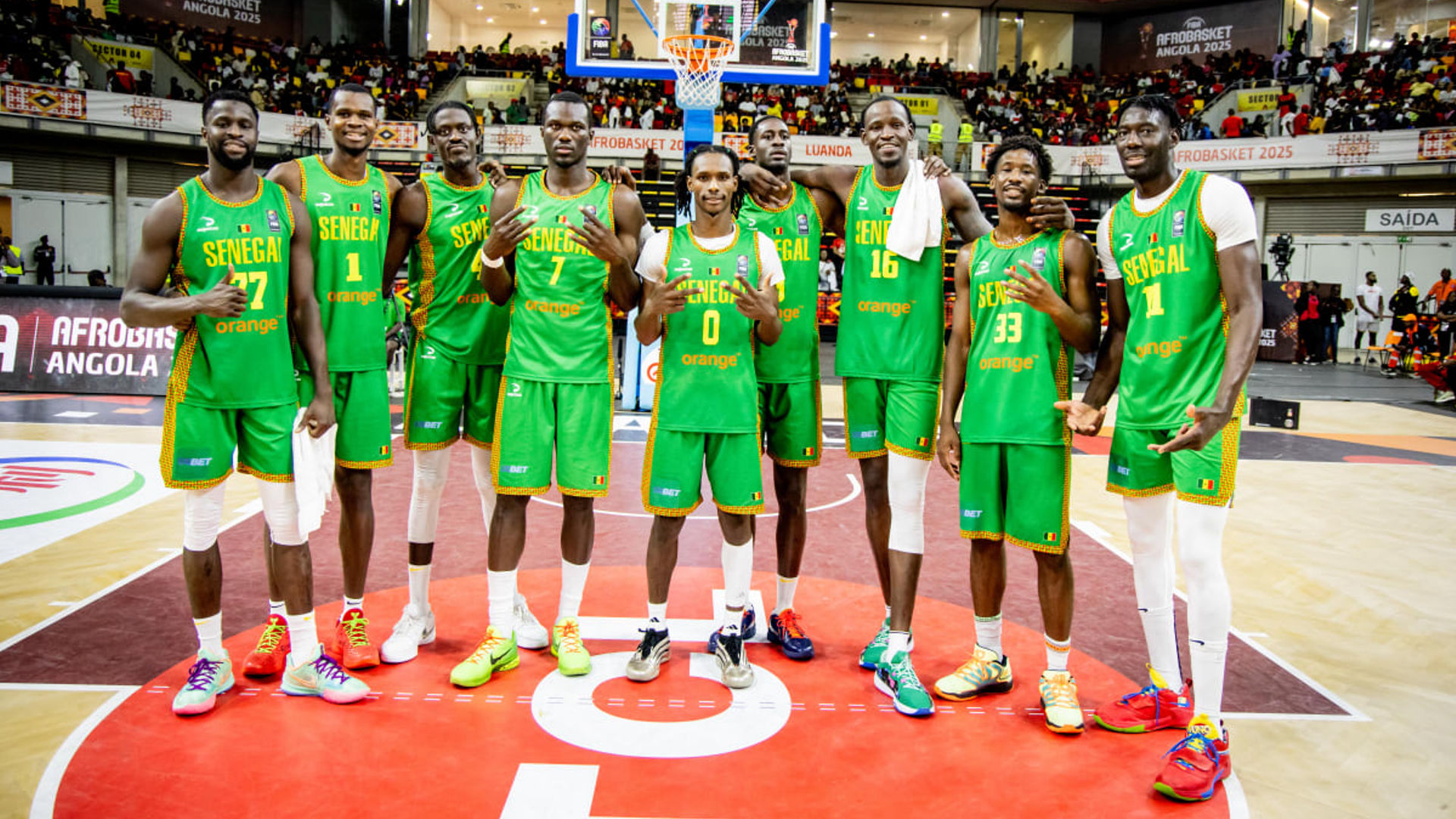
From the opening tip-off, Senegal came out with a clear sense of purpose. Although the matchup was for third place rather than the championship, there was no lack of intensity. Every possession felt important, and the team’s determination was evident as they sought to bounce back from a semifinal loss to Mali.
Jean-Jacques Boissy immediately set the tone. He attacked the rim, pulled up for mid-range shots, and effortlessly found scoring opportunities. By halftime, he had already racked up 16 points on 7-of-11 shooting, giving Senegal an early edge. Boissy would go on to finish with 40 points, surpassing the previous AfroBasket single-game record of 38 points set back in 2009. His teammates thrived alongside him, feeding off his energy and movement.
Brancou Badio contributed 18 points, moving seamlessly between perimeter shooting and drives to the basket, while Ibou Badji added 12 points and made his presence felt on the boards. Senegal’s offensive balance made it nearly impossible for Cameroon to settle into any rhythm.
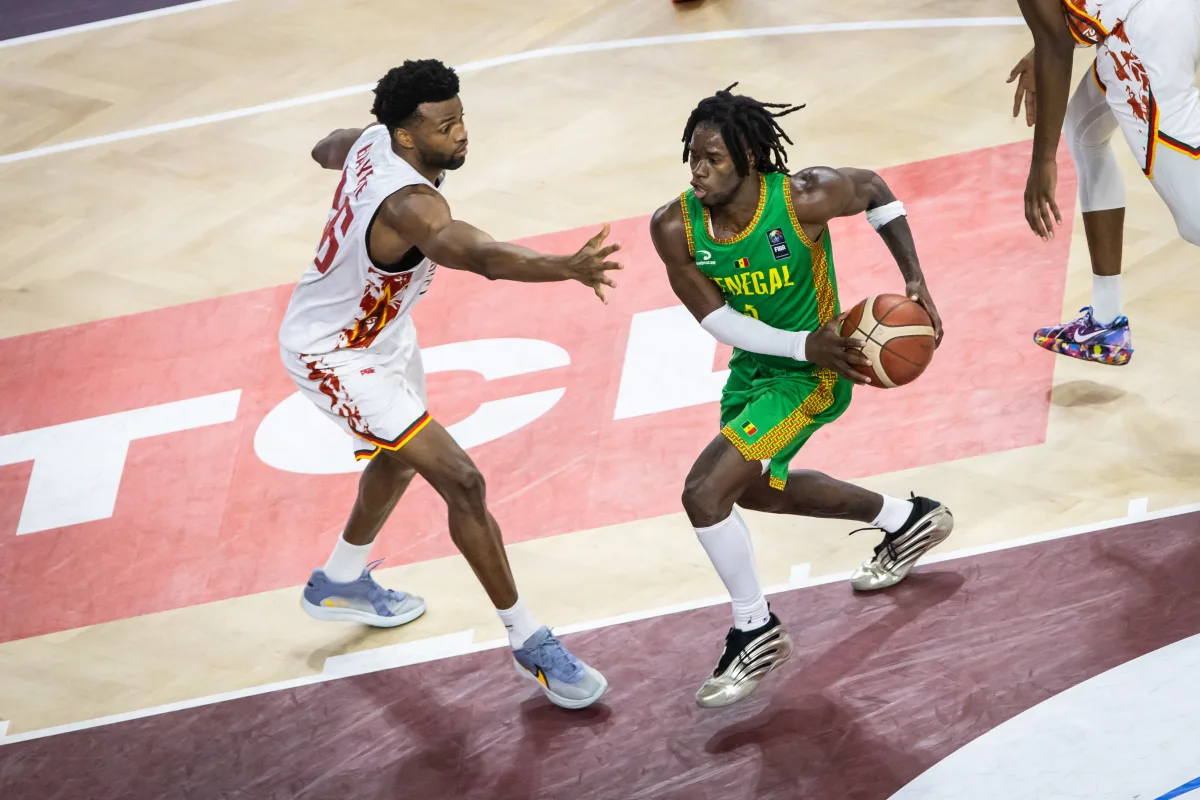
Cameroon, in contrast, seemed weighed down by the emotional and physical toll of their one-point semifinal loss to Angola less than 24 hours earlier. The team struggled to find shooting touch, making just 30% of their shots in the first half and missing all eight attempts from beyond the arc. Jordan Bayehe led the scoring effort with 18 points, while Jeremiah Hill added 15, but the Cameroonian team couldn’t keep up with Senegal’s fast pace and precise execution.
Senegal’s early intensity allowed them to build a commanding 49-26 lead by halftime. Their strategy combined fast-break aggression with smart ball movement, forcing turnovers that led directly to points in transition. By the midway point, Senegal had converted 52% of their field goal attempts, while Cameroon had dropped to just 30%.
The third quarter was a showcase for Boissy. He poured in 24 points in the period alone, knocking down four three-pointers and keeping the scoreboard ticking. Badio and Badji stayed consistent, both scoring in double figures and helping Senegal stretch the lead to 78-48 heading into the fourth quarter. Beyond scoring, Senegal dominated the boards (48-37), scored 38 points in the paint, and capitalized on second-chance opportunities for 23 points. Fast-break execution produced 19 points, leaving Cameroon with just one in transition.
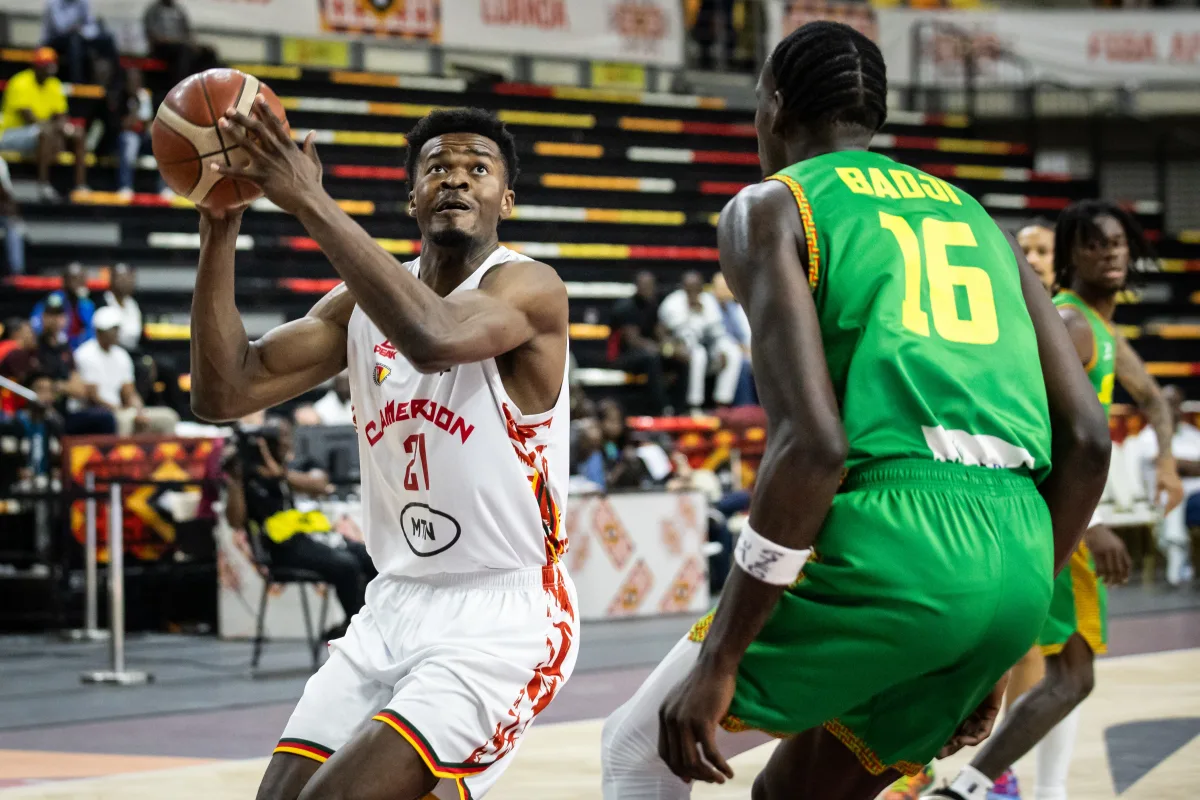
Senegal’s approach reflected a balance of individual brilliance and team cohesion. Boissy’s scoring was spectacular, but it was the contributions from his teammates that allowed him to shine. Every possession demonstrated movement, spacing, and shared responsibility, giving Senegal the ability to exploit mismatches while maintaining a tight defensive structure. Cameroon, for all its talent, simply couldn’t match the intensity. Their first-half stat of only one foul highlighted both fatigue and a lack of aggressiveness, symptomatic of a team recovering from a brutal semifinal.
Even in a difficult game, Cameroon had moments of promise. Bayehe’s drives and Hill’s jumpers showed the team’s potential, and while they couldn’t mount a serious comeback, these flashes of competitiveness hinted at what might be possible in future tournaments.
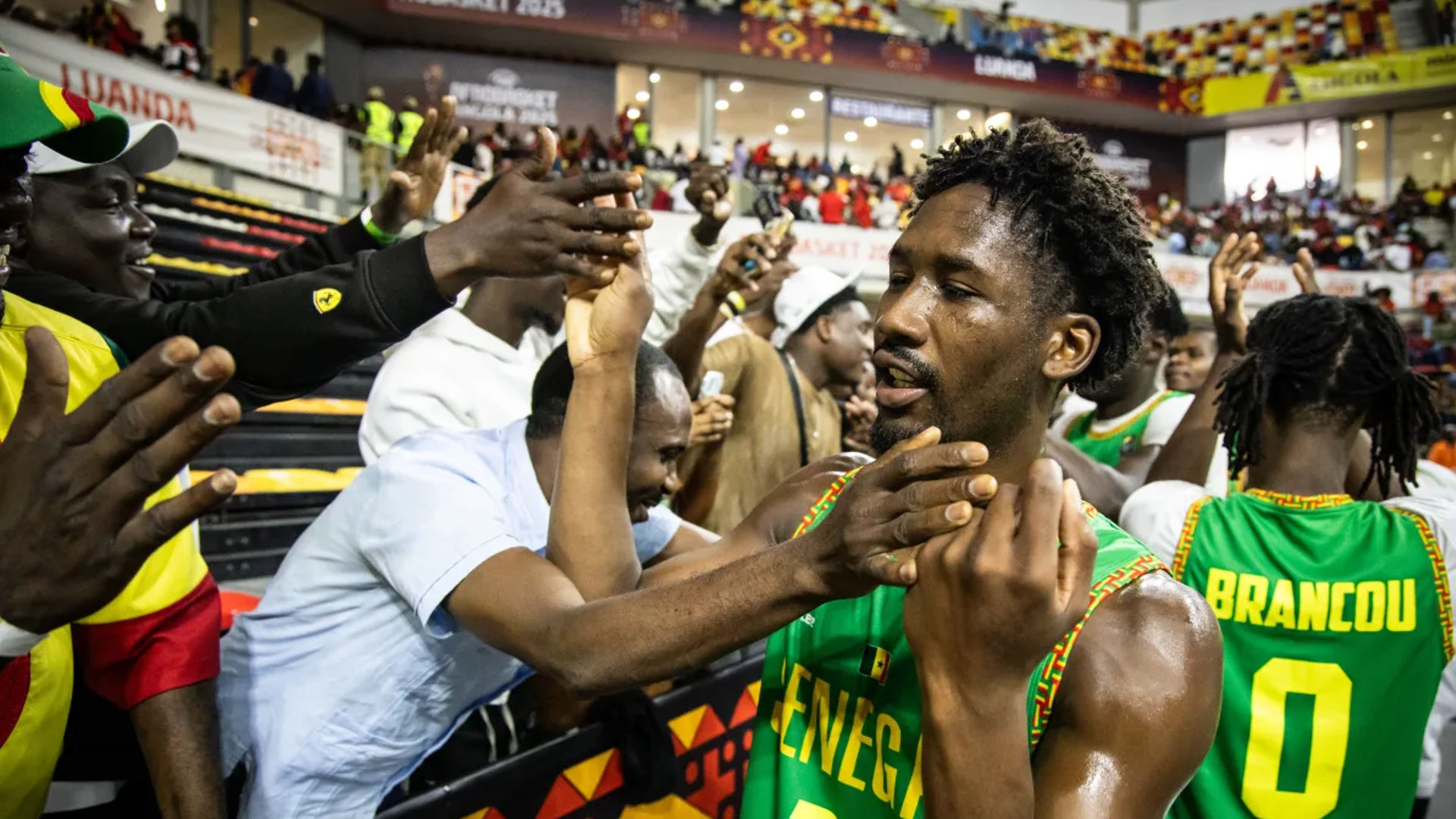
Senegal’s game plan emphasized a combination of inside scoring, perimeter shooting, and defensive discipline. Their 20 forced turnovers translated directly into points in transition, further widening the gap. Each quarter reflected a team fully aware of its strengths, executing with precision, and refusing to let past disappointment interfere with performance.
As the fourth quarter unfolded, Senegal never slowed down. Boissy continued to dominate, but the game was a team effort through and through. The supporting cast contributed at every opportunity, whether grabbing rebounds, hitting open shots, or providing defensive stops. Senegal’s performance sent a clear message about their readiness to compete for medals in future tournaments.
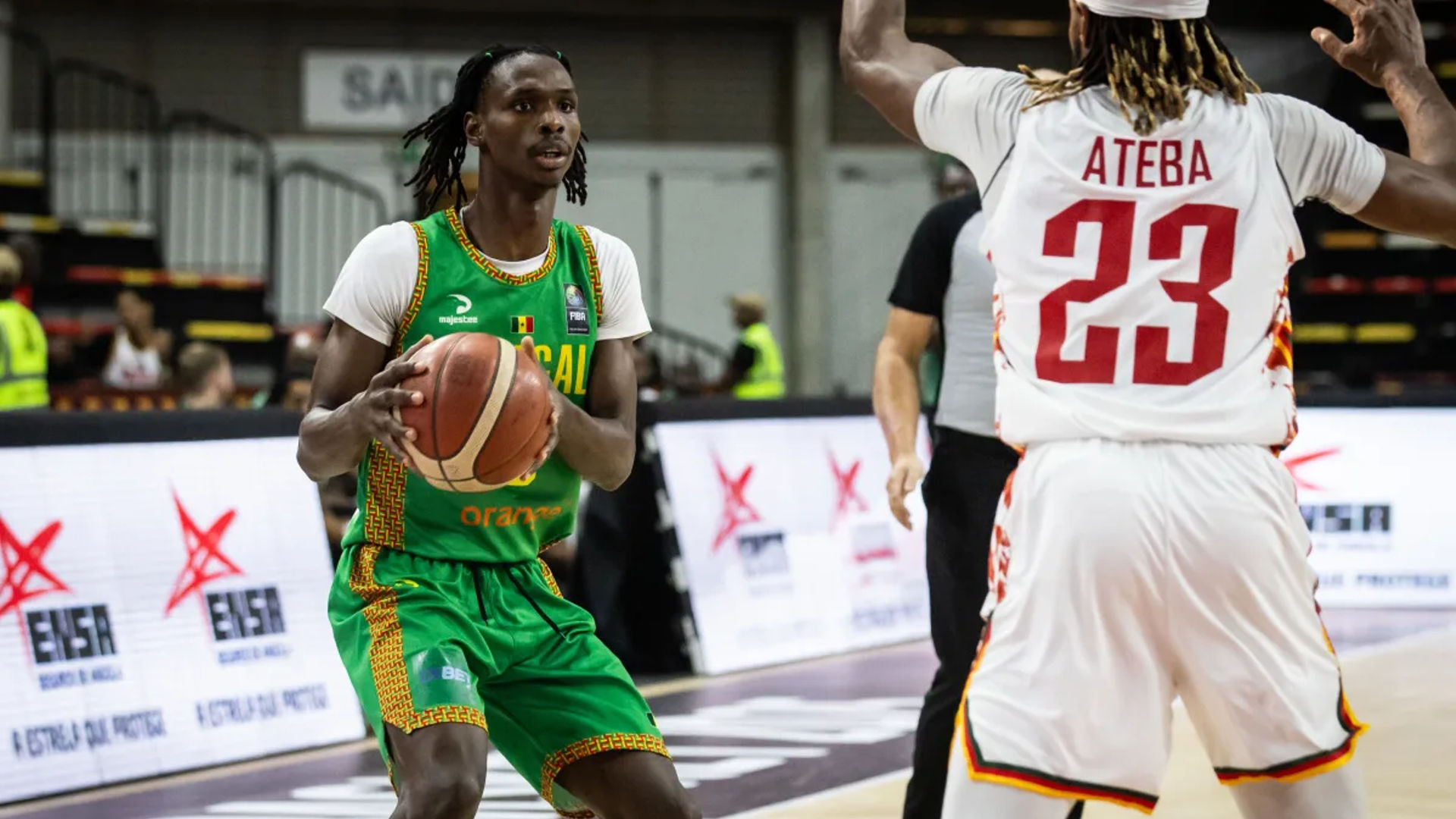
For Cameroon, the final score reflected a tough night but also progress. Their fourth-place finish, following a narrow semifinal loss, demonstrates growth and potential. Individual talents like Bayehe and Hill showed what is possible when the team executes at a higher level. Meanwhile, Senegal reminded everyone of their consistency and competitiveness, with Boissy’s record-setting night providing the perfect capstone to a dominant display.
When the final buzzer sounded, Senegal’s control over the game was evident in every stat: rebounds, points in the paint, second-chance points, fast-break points, and turnovers. Their mix of skill, teamwork, and energy made the victory decisive. The Lions of Teranga left the court not only as third-place finishers but as a team signaling that they are fully capable of challenging Africa’s best in the future.
[Photography/Imagery : Courtesy of FIBA]